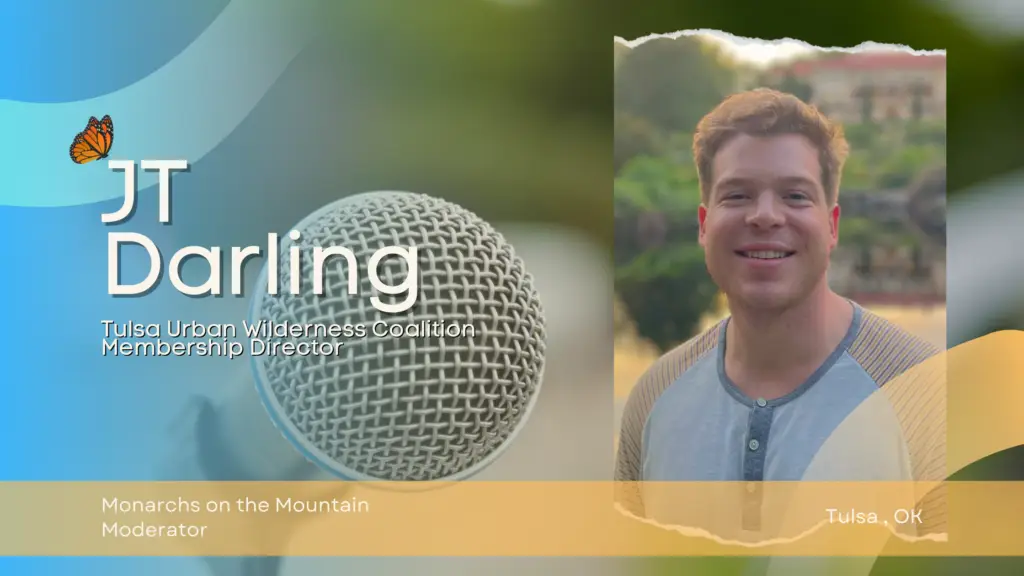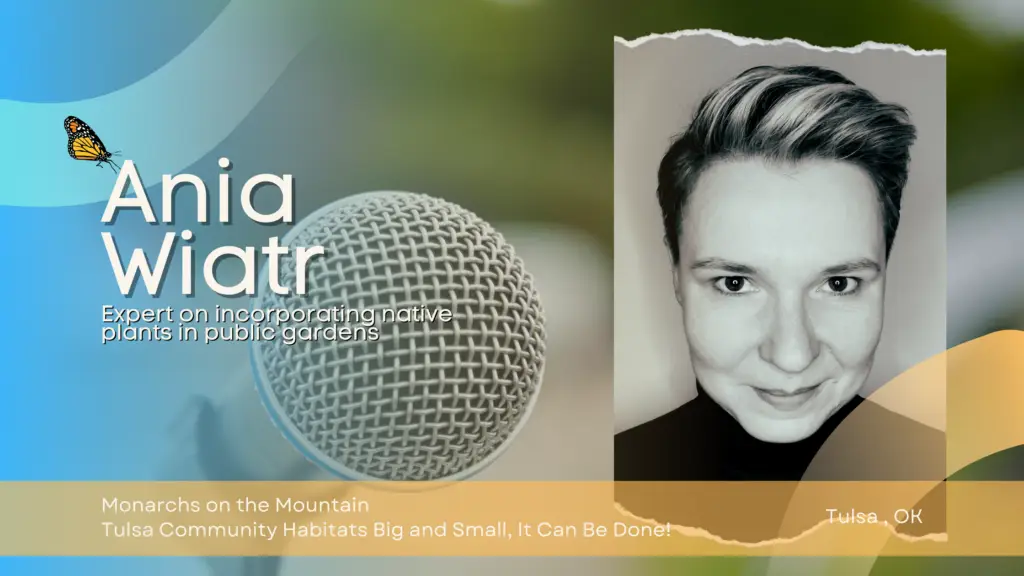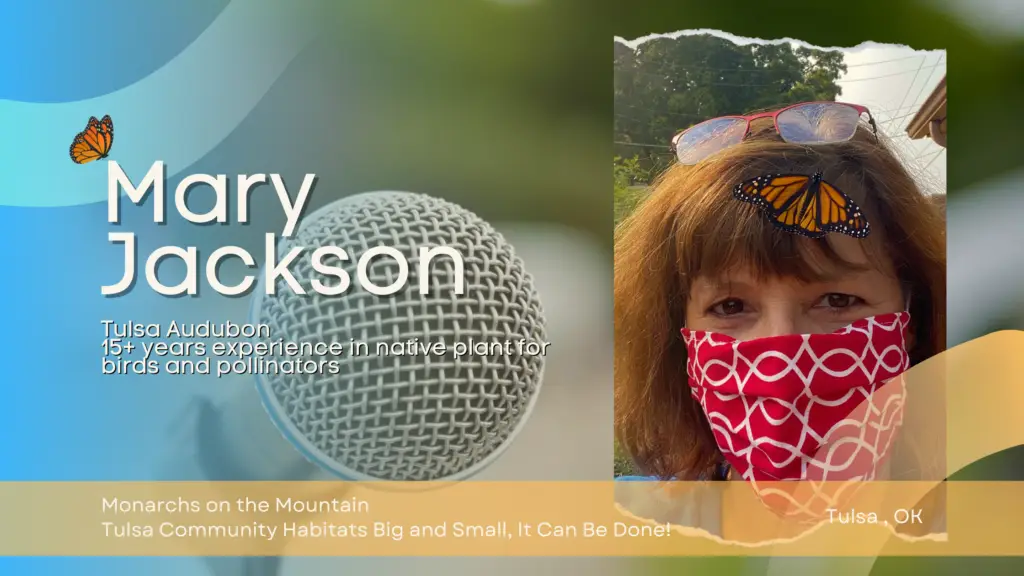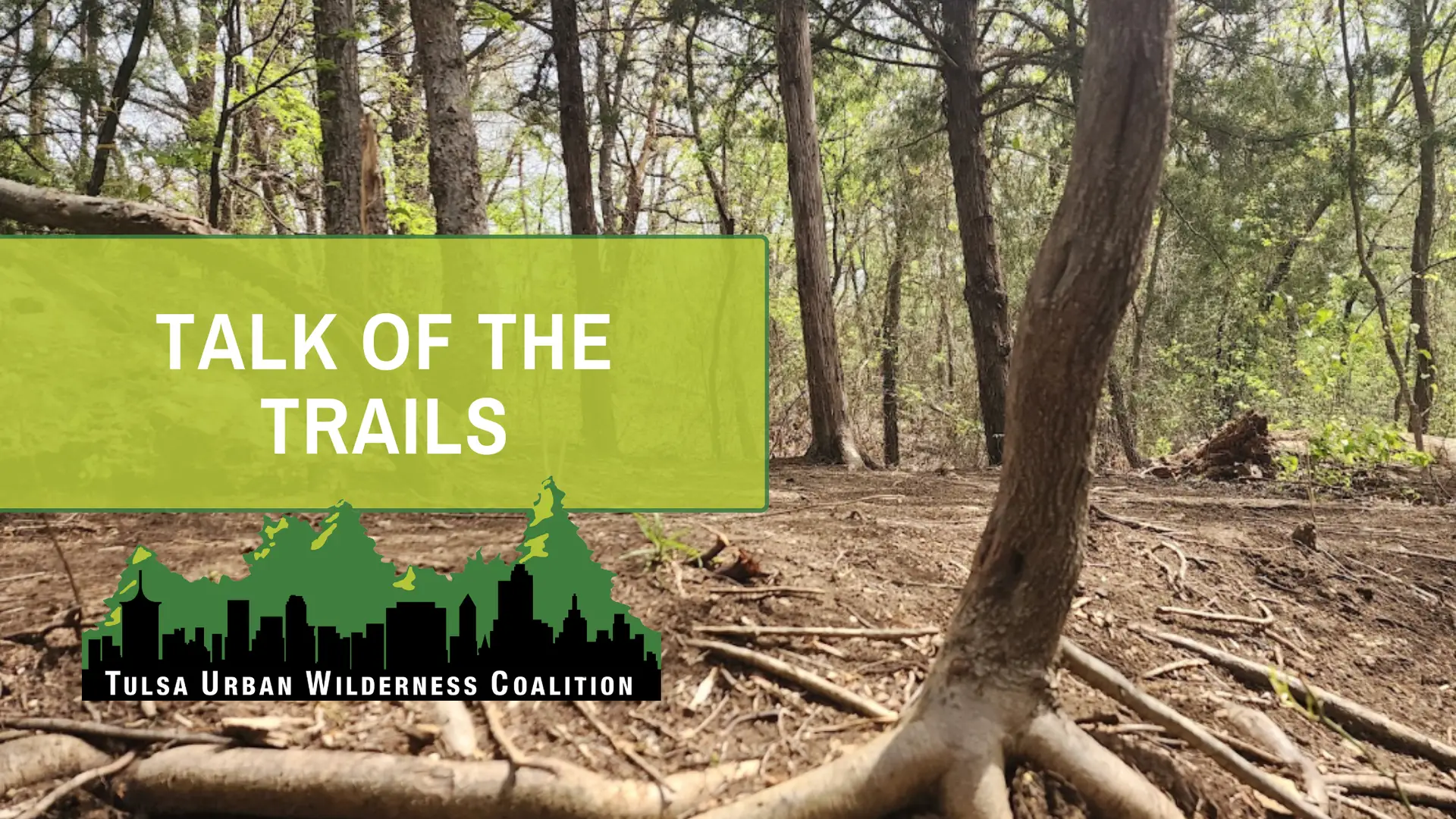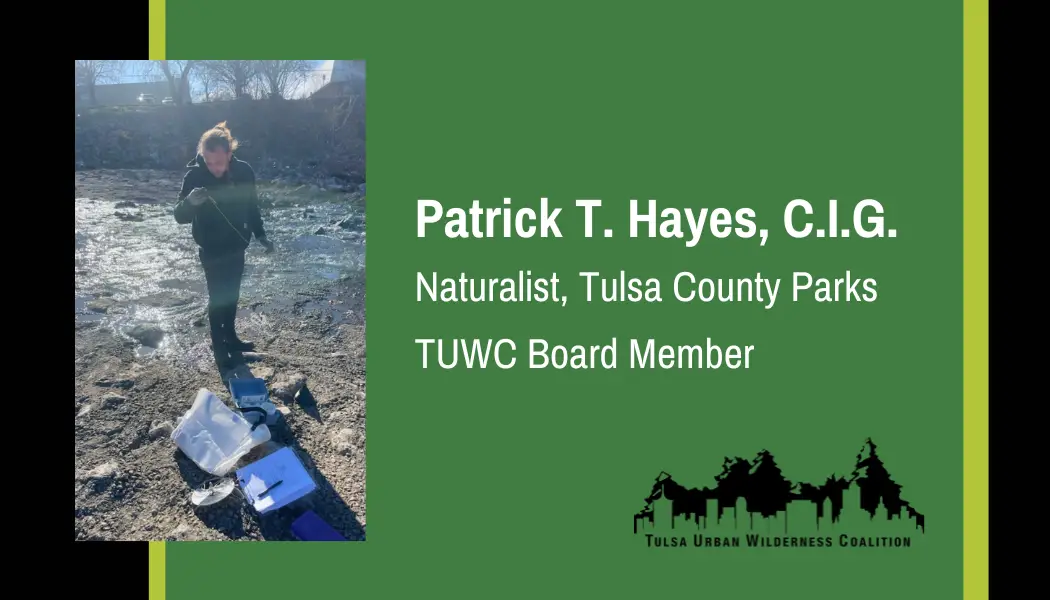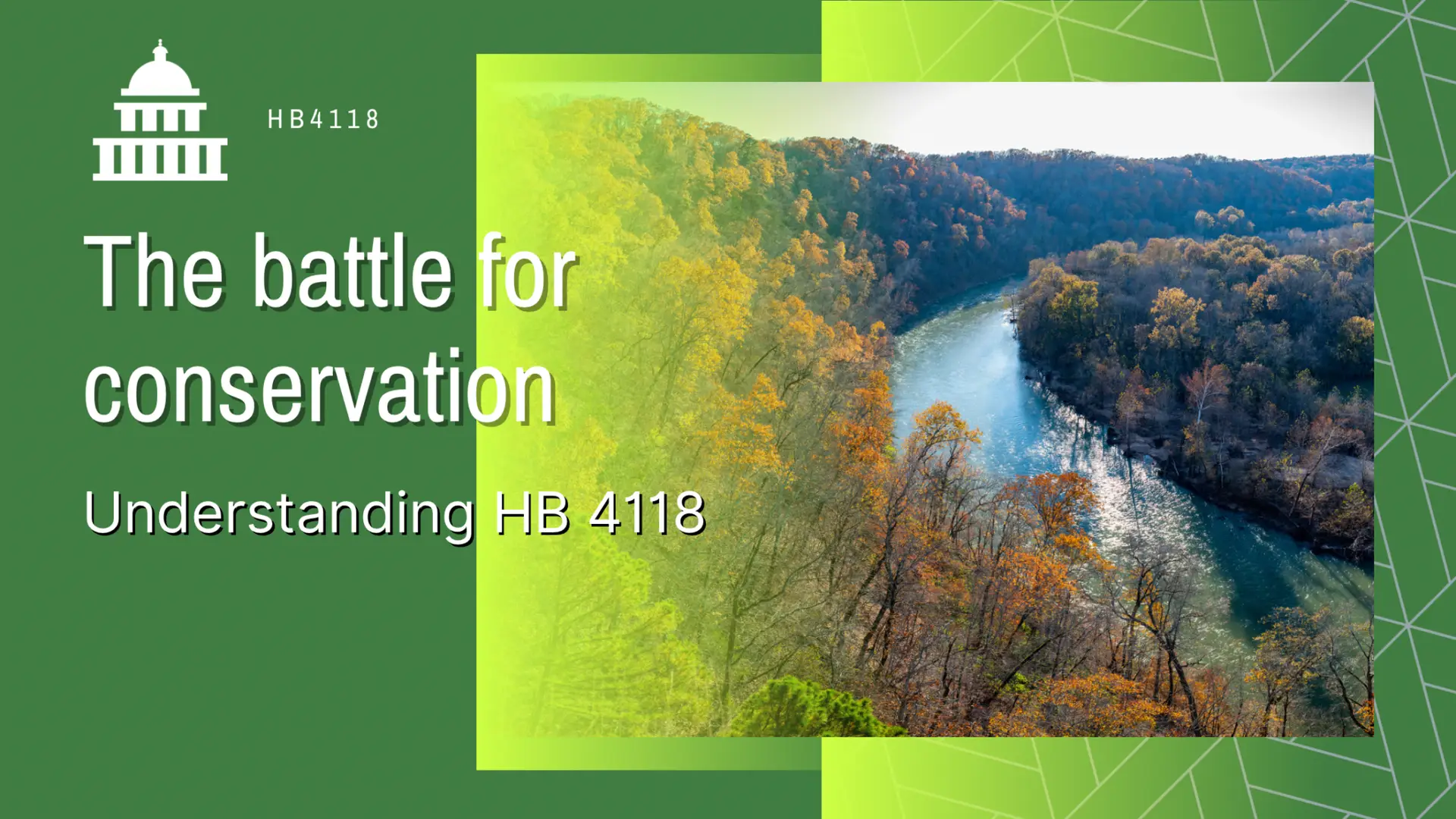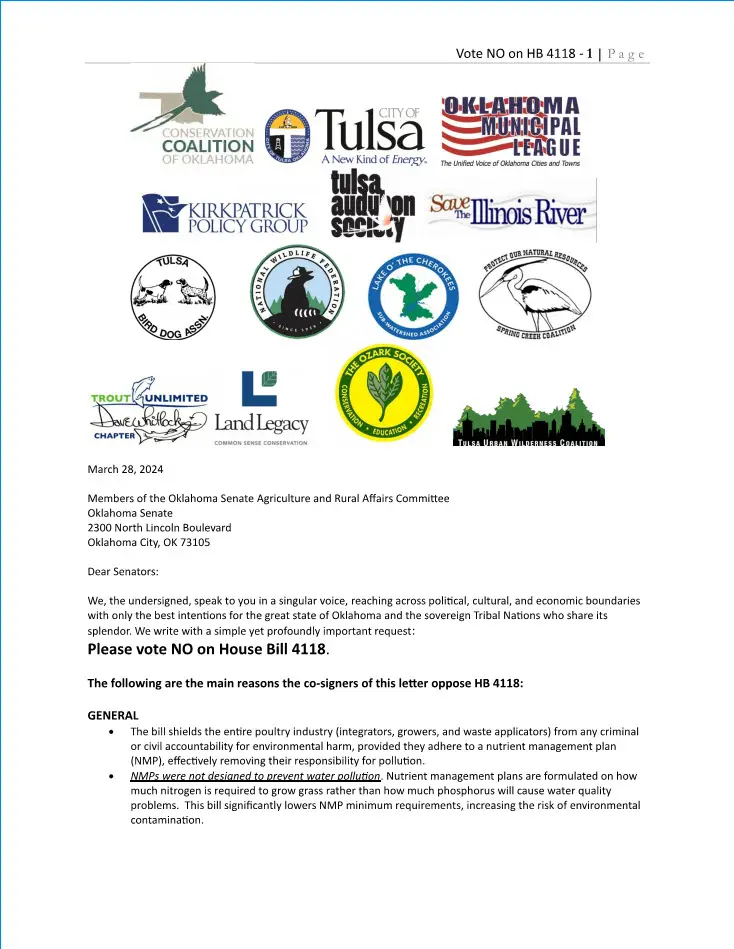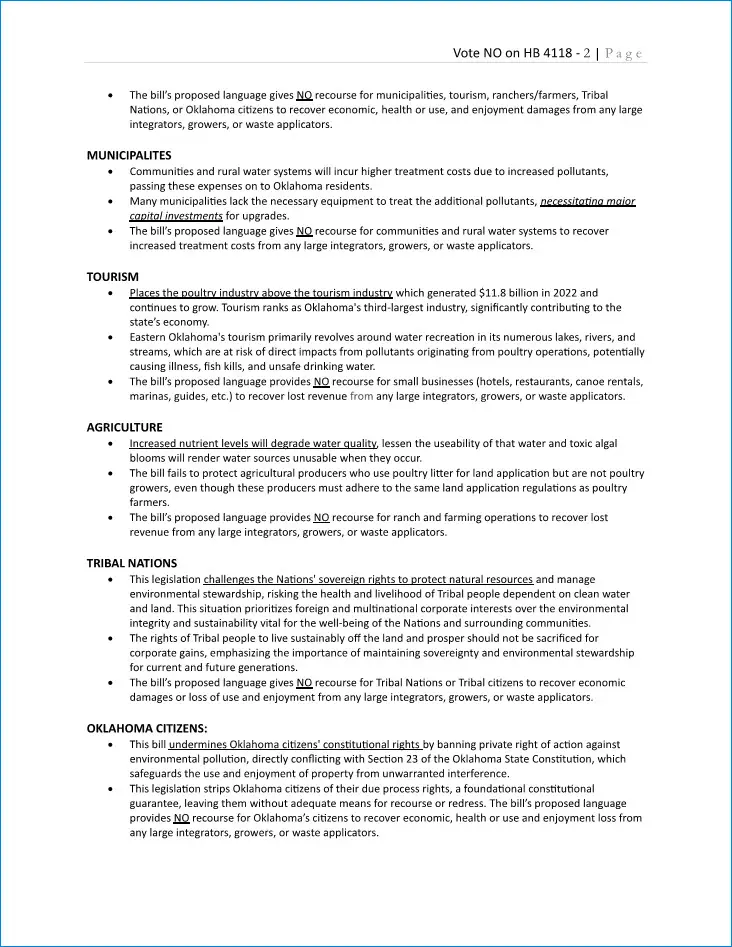Join us for a virtual interview on Monday, September 25th at 7PM as we celebrate the 8th annual Monarchs on the Mountain event hosted by the Tulsa Urban Wilderness Coalition. We’re thrilled to have Sara Dykman, the author of “Bicycling with Butterflies,” and the founder of Beyond a Book, as our guest. Don’t miss this exciting opportunity to engage with Sara Dykman and learn more about her journey and experiences.
The Trip:
In 2017 Sara Dykman became the first person to follow – by bicycle – the eastern population of monarch butterflies on their roundtrip, multinational, multigenerational migration. From Mexico to Canada and back, her 10,201 mile adventure,on a beat-up bicycle , was a call to action. “The monarchs need us,” Dykman explained, “they can’t call politicians to demand healthy prairies or rally for native gardens. But we can. We might not be able to fly like butterflies, but we can bike alongside them, and be their voice.”
Why monarchs?
As a whole, the migration advances at a pace a cyclist can cover. They also spread out in the millions across a landscape traced with roads, so there were few route-planning limitations. At home in backyards, school gardens, parks, roadside ditches, and the wildest places, monarchs are democratic in their reach. They are also beautiful and easy to spot, making them excellent gateway bugs and ambassadors of nature. Robustly studied yet still the subject of many unanswered questions, they are a testament to science. Threatened with extinction, the monarchs remind us what is at stake, and how important it is for each of us to do our part.
“You don’t have to quit your job and bike thousands of miles to help the monarchs,” explained Dykman. “You can plant milkweed, plant native nectar plants, and be a voice for the monarch. That’s what my trip, and my book, are all about.”
The Book:
Deftly combining travel memoir and popular science, Bicycling with Butterflies (Timber Press, April 2021) recounts Dykman’s inspirational ride alongside the monarchs. The cast of characters includes eager schoolchildren, devoted citizen scientists, skeptical bar patrons, fellow bicyclists. climate deniers, unimpressed border officials, and -of course- millions of monarchs. Dykman passionately shares the urgent plight of the monarchs and the complex science underpinning their dwindling numbers. Filled with optimism, energy, and hope, Bicycling with Butterflies is a compelling story, confirming the urgency of saving the threatened monarch migration—and the other threatened systems of nature that affect the survival of us all. “It is part science, part adventure, part love letter to nature,” Dykman explained. “I hope readers will come away with a deeper sense of connection to the land and be inspired to join the team taking care of our planet.”
“On this improbably adventure, Sara Dykman followed the extraordinary monarch migration by bicycle, and came back to write about it. She has recorded it well. Her almost incredible account captures the animal itself, the continent it crosses, and its plight with style and deep connection.” —Robert Michael Pyle, author of Chasing Monarchs and founder of the Xerces Society for Invertebrate Conservation
“People have long been fascinated by the monarch butterfly’s migration across the North American continent. Thanks to this book, readers have a better idea of what that incredible journey entails… Dykman’s enthusiasm will motivate others to be more thoughtful about their decisions.” —Library Journal
“The book is just as much a poetic travelogue as it is informative about monarch butterflies. Dykman’s research keenly supplements her experiences on the road…it may be one singular bicyclist’s word, but represents a collective cry for climate action.”—Booklist
Sara’s Bio:
Sara Dykman is the founder of beyondabook.org, which fosters lifelong learners, boundary pushers, explorers, and stewards. She works in amphibian research and as an outdoor educator, guiding young people into nature so they can delight in its complicated brilliance. She hopes her own adventures—walking from Mexico to Canada, canoeing the Missouri River from source to sea, and cycling over 80,000 miles across North and South America (including the monarch migration trip)—will empower young and old to dream big.



